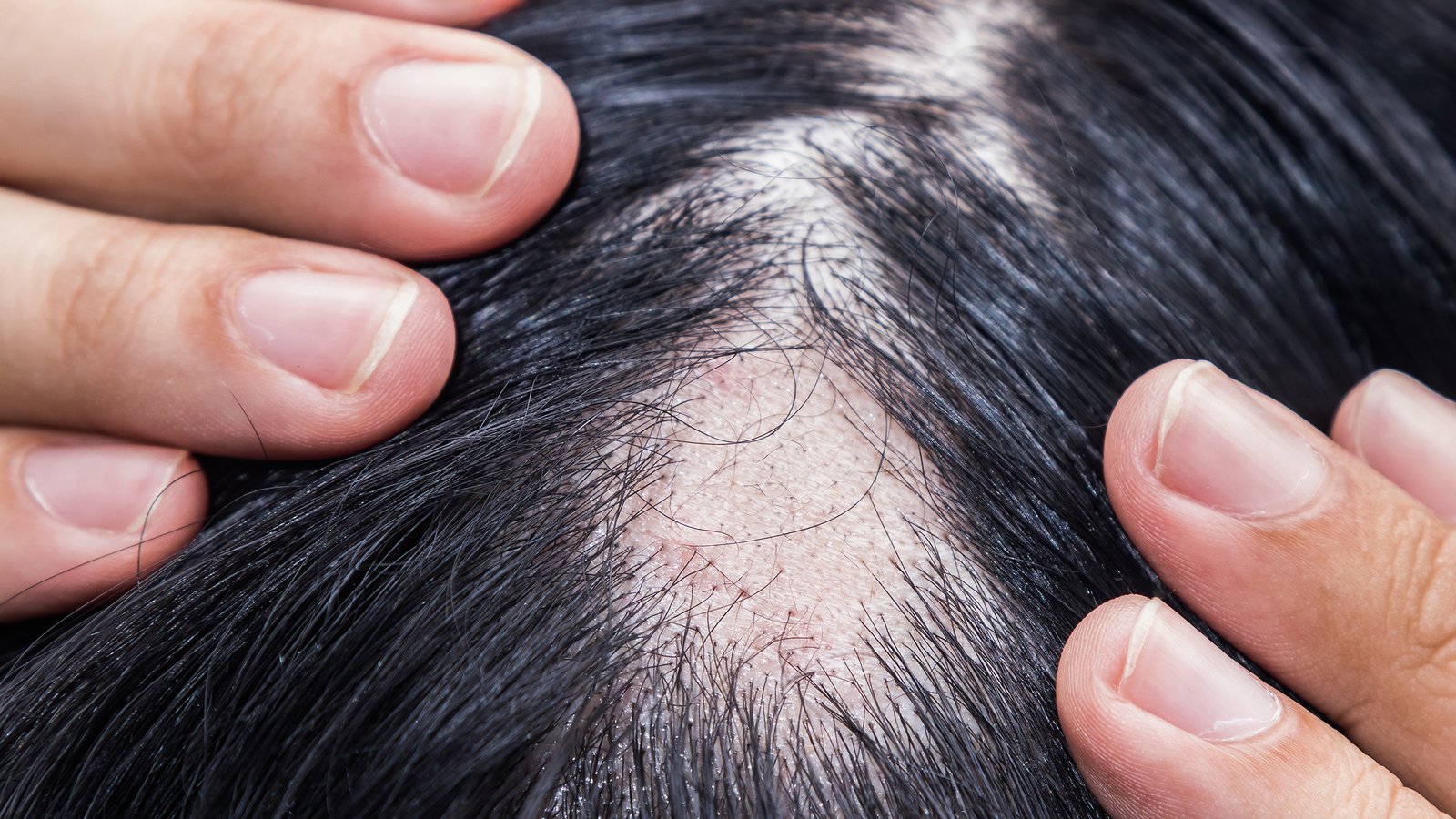Our hair is a prominent aspect of our appearance, often influencing our self-esteem and providing insight into our overall health. Achieving and maintaining a strong and healthy mane is a common goal. However, various factors, including hair loss, can impede our progress. Shedding up to 100 hairs daily is normal, but excessive hair loss can be a concern. In this article, we will explore five common reasons for hair loss and available solutions.
Stress from Major Life Events
Everyday stress is a part of life, but certain significant events like childbirth, divorce, surgery, illness, financial difficulties, or the loss of a loved one can create substantial emotional, psychological, and physical stress. This can lead to excessive hair shedding. Once the stress subsides, your body can readjust, and hair regrowth usually begins. Keep in mind that this process may take up to nine months.
Poor Hair Care and Damaging Procedures
Hair treatments such as perming, coloring, and relaxing can enhance your hair’s appearance and manageability, but they may also harm the hair follicles. Even tight hairstyles can lead to issues like traction alopecia, hair thinning, and bald spots. Changing your hair care routine is essential in such cases. Procedures like platelet-rich plasma (PRP) hair treatment offered at reputable hair salons can promote hair growth by reintroducing your plasma, effectively addressing your hair concerns.
Dietary Choices
Nutrition plays a crucial role in hair health. Poor dietary choices can affect cellular turnover and lead to nutrient deficiencies that disrupt the hair growth cycle, resulting in thinner hair and bald patches. Ensure you consume essential vitamins like those found in fatty fish, iron-rich leafy greens, and foods rich in zinc, protein, vitamin D, and biotin to support hair growth and strength.
Diseases and Health Conditions
Various diseases and health conditions can cause hair loss. Conditions like telogen effluvium, autoimmune diseases (e.g., alopecia areata, lupus, Hashimoto’s thyroiditis), hormonal imbalances (resulting in androgenic alopecia), scalp infections, and medication side effects can lead to hair loss. Consult a professional for proper diagnosis and treatment, especially when hair regrowth is necessary.
Genetics and Aging
Some factors contributing to hair loss are beyond our control, such as genetics and age. Hereditary hair loss affects both men and women, resulting in different patterns of hair loss. While treatments can stimulate regrowth, it is crucial to start early when the first signs appear. Hair thinning and graying can occur with age as hair follicles slow down production and growth due to the natural aging process.
In conclusion, hair loss is a common issue that can affect anyone. The good news is that it is often treatable or preventable. Identifying the cause of your hair loss and seeking treatment early are essential steps toward maintaining strong and healthy hair for the long term.



































